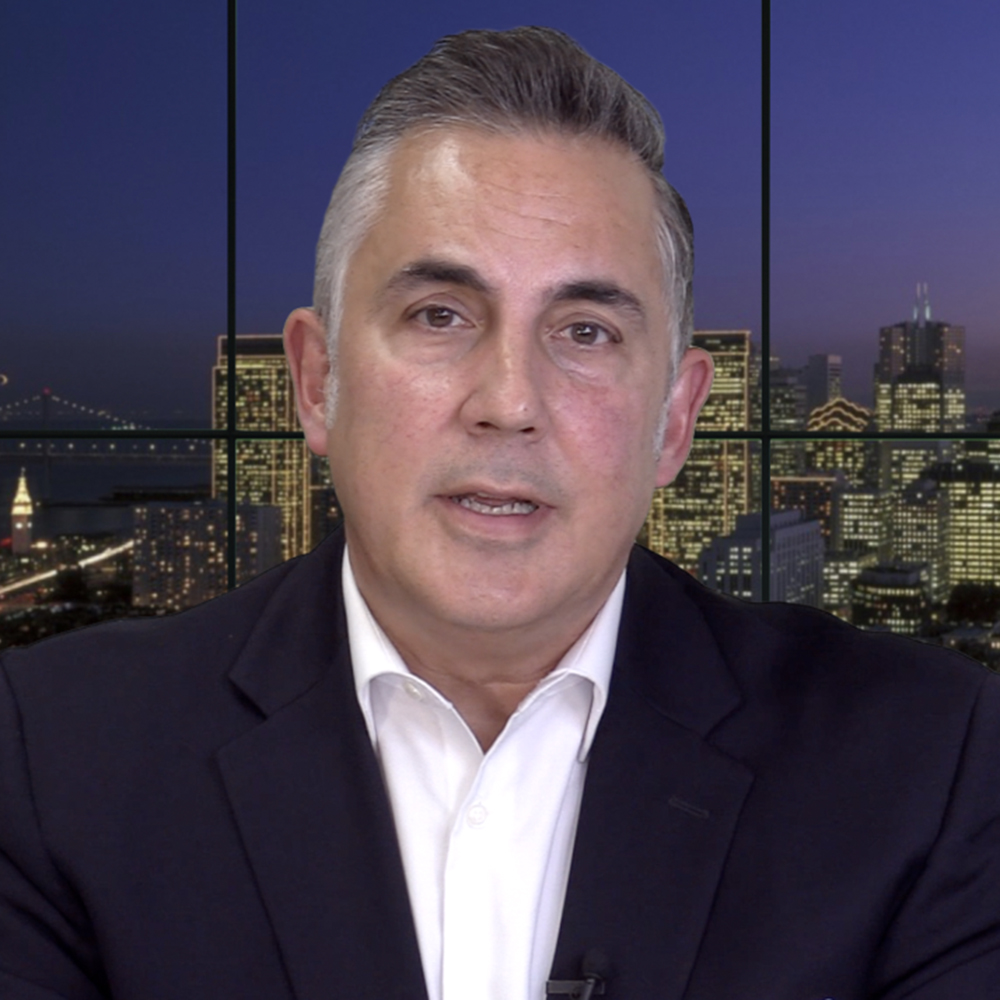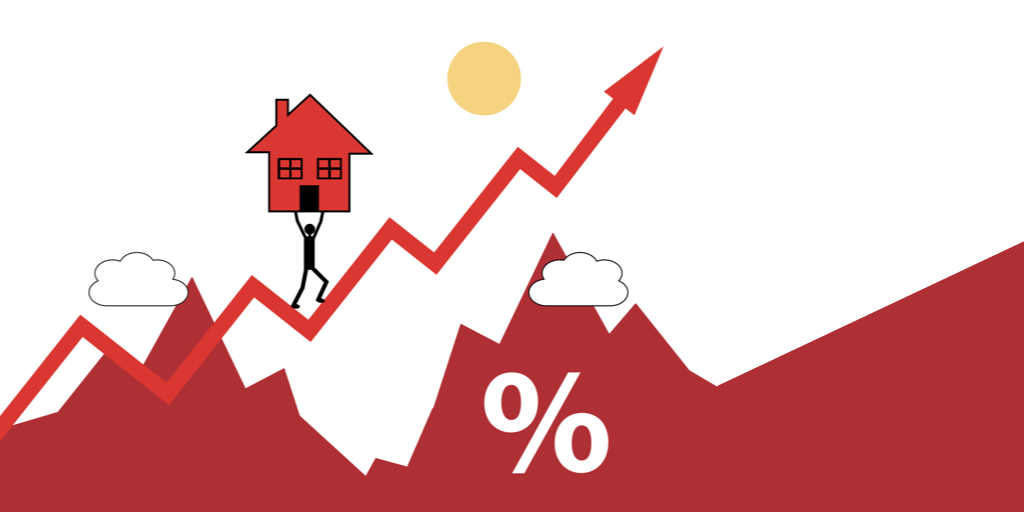Growing New Brain Cells:
We’ve discussed memory loss and dementia prevention, including how technology now allows people to Google their own minds. But what if we could simply grow new brain cells? According to neuroscientist Sandrine Thuret, we can — and she provides practical tips to help our evolving brains improve mood, increase memory formation and prevent the decline often associated with aging.
It turns out the hippocampus is aptly named: it really is a “school” for neurogenesis. This part of the cerebral cortex, which has to do with memory, can regenerate — so it is a lot like being a perpetual student. Neuroscientists estimate we create 700 new neurons a day in the hippocampus, which might not sound like much, given the billions of neurons each of us has. Yet by age 50, every person will have undergone a complete neuron exchange. In this sense, the second half of life is literally about renewal, because our brains are brand new.
 Don’t Block That Brain!
Don’t Block That Brain!
Blocking may be an asset in football or knitting, but it’s a detriment when it comes to the brain. Reverse mortgage professionals, take note: if neurogenesis is blocked, someone can appear hopelessly depressed, even on antidepressants. Thuret tells of a cancer patient who was cured of her cancer yet remained severely depressed, because the chemotherapy had blocked neuron development. Without the ability to generate new neurons, her brain retained its memory of depression and pain.
This discovery has major implications for seniors, especially those on multiple medications, who may not actually be depressed — or may be able to heal from depression — except that their brains are being stymied in creating the new neurons they need.
There are many simple choices we can make daily that will enhance neurogenesis, as both Thuret’s TEDtalk and this hippocampus post enumerate.
Neurogenesis In Action
One age-defying elder has taken full advantage of his 50th year “rebirth” to continually reinvent himself, earning him an A+ in living life to the fullest. The two-minute video inspires.
Former HeartMath CEO, Stanford University adjunct faculty, “cancer survivor and double hip replacement thriver” Bruce Cryer is another neuron new man who says, “I don’t believe in aging.” He declares, “I’m 63, feel like 33 (most of the time), and prove to myself daily that aging is what we choose to make it. I’m dancing on two titanium hips, singing like I did in my 20s, creating new businesses and developing new skills. Retirement isn’t in my future, ever. I’ve had a renaissance, a rebirth from old ways of thinking and living, and I’m having more fun and more adventure than ever.”
Nourishing Senior Neurons
It turns out that calorie restriction has a positive impact on neurogenesis, so while many may balk at eating less in order to nourish their brains (which sounds counterintuitive), what a senior eats is much more important in the long run than how much.
Diets high in saturated fat, sugar, and alcohol are neurogenesis negatives. But all is not lost: resveratrol (found in red wine) is good for the brain. As always, moderation is key.
Intriguingly, food texture plays a vital role as well. Soft food diets (which many seniors may be on due to dental issues) have been found to impair neurogenesis; apparently, regular crunching — apples, carrots, nuts — is necessary for optimal brain function.
Other brain-enhancing foods include:
• Blueberries
• Omega 3 fatty acids (found in salmon, walnuts, chia seeds)
• Curcumin (found in the spice turmeric)
• Flavonoids (found in parsley, citrus fruits, wine and cocoa)
• Folic acid (one of the B vitamins, found in leafy greens, nuts and seeds, avocados, carrots, and a host of other foods)
• Zinc (found in beef and lamb, chicken, beans, nuts, and certain seafood).
Proof that dark chocolate is good for you? Josie began working at the Ghiradelli Chocolate Factory in 1966, when she was 36. Do the math: she’s now 86, with “no plans to retire”.
So proper diet and exercise really do help the aging process — and, barring medications that prevent new neuron formation, will continue making older brains new again.










4 Comments
Loved this post! Thanks Amara, made my day….now I’m out to conquer my world. 60 going on 30!!
I’m right there with you, Deborah! So glad you enjoyed this.
Blessings, Amara
Love the great information – some I knew however, there are several things I did NOT know. I have a keen interest in brain health and was very happy to have your knowledge shared.
You’re so welcome, Carol. Our goal is always to expand readers’ sphere of knowledge and information to make you more effective in your work with seniors ~ and so that you can pass relevant information along to them.